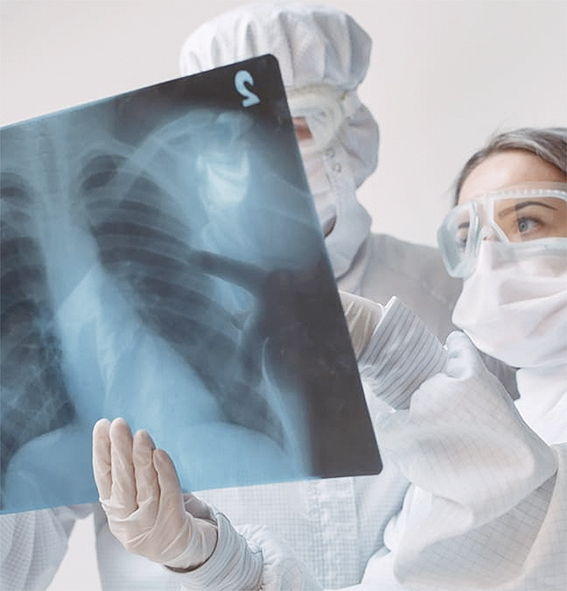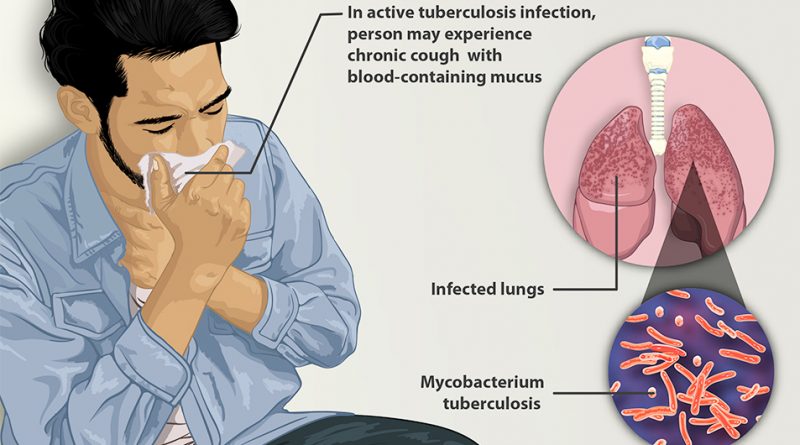Nueva vacuna contra la tuberculosis / New vaccine shows protection against aerosol tuberculosis
La candidata a vacuna MTBVAC contra la tuberculosis, en cuyo desarrollo participa la Universidad de Zaragoza, España, proporciona en macacos y con una sola dosis una mejor protección frente a la enfermedad, en comparación con la BCG, la única vacuna disponible.
Estos resultados, que publicó la revista NPJ del grupo Nature, respaldan a la MTBVAC como candidata para la vacunación universal contra la tuberculosis y alternativa a la inoculación actual.
La Universidad de Zaragoza trabaja desde hace 20 años en esta nueva vacuna, que se desarrolla junto a la biofarmacéutica española Biofabri.
Las imágenes médicas de escáner in vivo y el estudio de las lesiones patológicas macroscópicas y de anatomía patológica de la frecuencia y gravedad de granulomas pulmonares demostraron una reducción significativa de la infección con la vacunación.
La publicación estudia, por primera vez, la respuesta inmunitaria inducida tras la vacunación con MTBVAC en macacos y los compara con los patrones inmunológicos estudiados en los ensayos en humanos previos así como con los estudios clínicos actuales en curso.
EFE

New vaccine shows protection against aerosol tuberculosis
Researchers from Europe and the United States show that a new tuberculosis vaccine, MTBVAC, protects better than the current BCG vaccine in a model of tuberculosis in macaques.
The new tuberculosis vaccine MTBVAC takes a new step as a candidate for universal vaccination against tuberculosis and an alternative to the current Bacillus Calmette–Guérin (BCG) vaccine, according to the results of the research published in the journal NPJ-Vaccines which shows the protection results of the MTBVAC vaccine compared to the current BCG vaccine in a model of respiratory tuberculosis in rhesus macaques.
The currently used BCG vaccine, based on a live attenuated form of Mycobacterium bovis isolated from cows and which, this year 2021, will make a 100 years since its first use in humans as a tuberculosis vaccine, continues to be the only licensed vaccine against the disease. After decades of research in this field, MTBVAC is the first and only vaccine based on the human pathogen Mycobacterium tuberculosis that has entered human clinical evaluation, a historic milestone in human vaccinology.
MTBVAC has shown its safety in Phase 1 studies in adults in Switzerland and in Phase 1b in newborns in South Africa, where Phase 2 studies are currently being carried out in tuberculosis-infected and uninfected adults and in healthy newborns to select the dose and study its safety and immunogenicity in a larger number of participants in order to support advanced Phase 3 efficacy evaluation in the target age-groups.
In this recently published study led by Dr. Sally Sharpe from Public Health England, a single dose of the MTBVAC vaccine administered intradermally has been found to confer significantly better protection against aerosol exposure to M. tuberculosis in Rhesus macaques when compared to BCG by the same route and dose of administration. Vaccination with MTBVAC resulted in a significant reduction in disease pathology induced by M. tuberculosis infection as measured by medical scan imaging in vivo, macroscopic pathological lesions examination, and pathological anatomy study of the frequency and severity of pulmonary granulomas.
This study consolidates previous preclinical and clinical safety and immunogenicity studies and represents a strong proof of concept of the efficacy of MTBVAC in the macaque model, the most relevant model of efficacy against respiratory tuberculosis, supporting and urging the clinical development of studies to demonstrate the efficacy of MTBVAC as a prophylactic vaccine against respiratory tuberculosis in humans. This would make MTBVAC an essential tool in the fight against tuberculosis.
Despite WHO’s declaration of tuberculosis as “global health emergency” in 1993, today the disease continues to be one of the leading causes of mortality caused by infectious diseases worldwide. The WHO Global tuberculosis report 2020 estimates that 1.4 million people died of tuberculosis in 2019 and it is estimated that as a consequence of the COVID-19 pandemic deaths from tuberculosis could increase by up to twenty per cent (20 %) in the next five years.


Debe estar conectado para enviar un comentario.